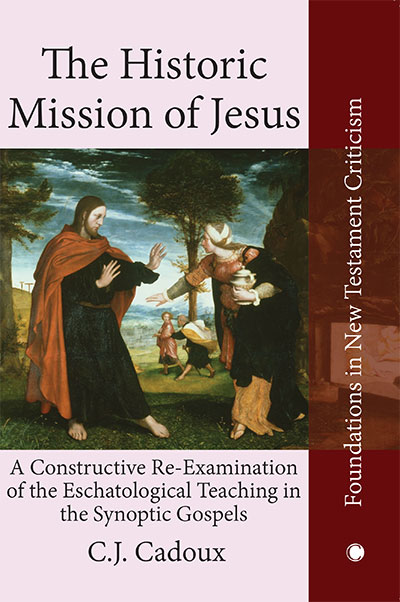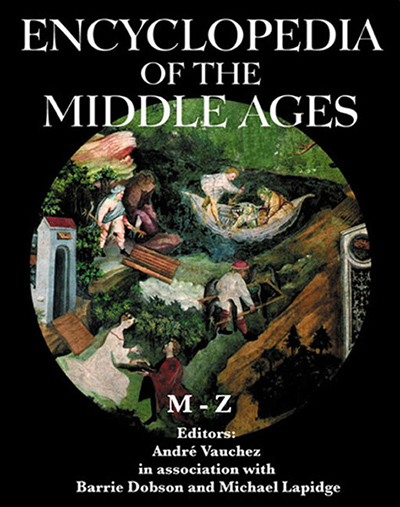Description
First published in 1941, The Historic Mission of Jesus is one of the landmark texts on the life of Jesus, his relation to the Father and his earthly task. Counter to the prevailing scepticism of the reliability of the Synoptic sources chronicling Jesus’ life, Cadoux presents a sweeping yet detailed illustration of the evidence, while advancing theories for its interpretation that would go on to be significant facets of New-Testament study.
While not going to the same lengths as Albert Schweitzer, Cadoux nevertheless advances a thoroughly eschatological interpretation of Jesus’ self-perception. He thus emphasises the nation-wide character of his appeal, his concern for the redemption of the Gentiles through Israel’s fulfilment of the universalistic aspirations of the Old Testament, his eager endeavour to avert a military clash between the Jews and the Roman Empire, and his early expectation of being accepted and loyally followed by his fellow-countrymen as a whole. The result is a prime early example of the revival of interest in the historical Jesus on theological grounds.
About the Author
Cecil John Cadoux (1883-1947) was a Congregationalist theologian known for his writings on pacifism. He was appointed Professor of New Testament Criticism, Exegesis and Theology at Yorkshire United Independent College, Shipley, and subsequently Vice-Principal of Mansfield College Oxford, and Mackennal Professor of Church History.
Contents
Introduction
Part One: The Bringer of the Kingdom of God
I. The Son of God
II. The Loving and Intimate Servant of God
III. The Friend of Sufferers and Sinners
IV. The Messiah of Israel
V. The Conqueror of Satan
VI. The Rightful Lord of Men
VII. The Son of David
VIII. The Son of Man
Part Two: The Nature and Presence of the Kingdom of God
I. The Meaning of “The Kingdom of God”
II. The New Way of Life
III. The Kingdom Already Present
IV. The Kingdom for the Jews
V. The Kingdom for the Gentiles
VI. The Political Significance of the Kingdom
VII. The Priceless Value of the Kingdom
Part Three: The Future of the Kingdom of as First Envisaged
I. Jesus’ Initial Expectations of Success
II. The Future Coming of the Kingdom
III. Rewards and Punishments in General
IV. Rewards and Punishments in the Life After Death
V. Rewards and Punishments in the Coming Age
Part Four: The Future of the Kingdom of as Last Envisaged
I. The Cross Foreseen, Accepted, and Explained
II. The Roman Invasion and Conquest
III. The Return of the Son of Man
IV. The Disciples in the Interval
V. The Consummation
Conclusion
Indices
Endorsements and Reviews
The problems of understanding the categories used by the first Christians, and of unravelling the development of the various ways in which they came to speak of Christ, are under constant review. At the heart of the debate is the vital question of method: by what process does one separate Jesus’ own understanding of his person from the beliefs of his followers, and how can one trace the various stages in the growth of their interpretation? Professor Fuller’s. . . is an important book, for it sets out clearly the principles by which many New Testament scholars today believe they must proceed in this vital task of evaluating the Christological material.
Morna D. Hooker, Religious Studies, 1971





